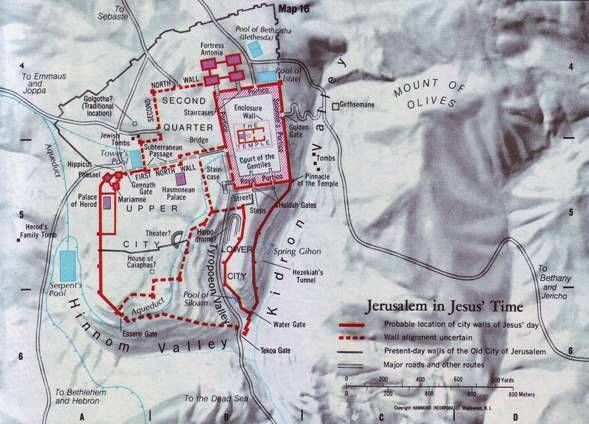Matthew 22:1-22
And those servants went out into the roads and gathered all whom they found, both bad and good. So the wedding hall was filled with guests. (v. 10) This verse caught my eye – my NASB translation said “both evil and good”, replacing “bad” with “evil”. “Evil” is a much stronger word than “bad”. But with either word, Jesus is making it clear that all people are invited to the wedding feast, even to His great wedding feast when the church will be presented to Jesus as His bride. There is no one out there who is not worth saving, even those family and friends who have been most resolute in rejecting Jesus. Whether by word or deed, we need to continue to reflect Jesus to them.
On paying taxes to Caesar… I had made a mistake in filing our 2019 taxes last year and filled out a Form 1040-X earlier this year to correct that mistake. It involved us paying back multiple thousands of dollars to the IRS. Then last week I saw a large deposit in our bank account for a smaller amount, but still multiple thousands of dollars. We haven’t received the official notification yet, but I did check online and it is a true refund. I imagine an IRS employee seeing a large check to correct an earlier error and doing what s/he could to minimize that correction – a good outcome for us. The point – we need to pay to Caesar what is due, even when it hurts, but the Lord will continue to provide for us!
See also:

